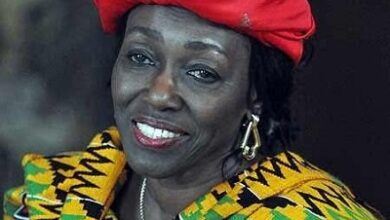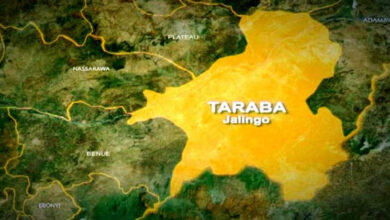We deserve better than 9 percent minimum wage – GHASPON
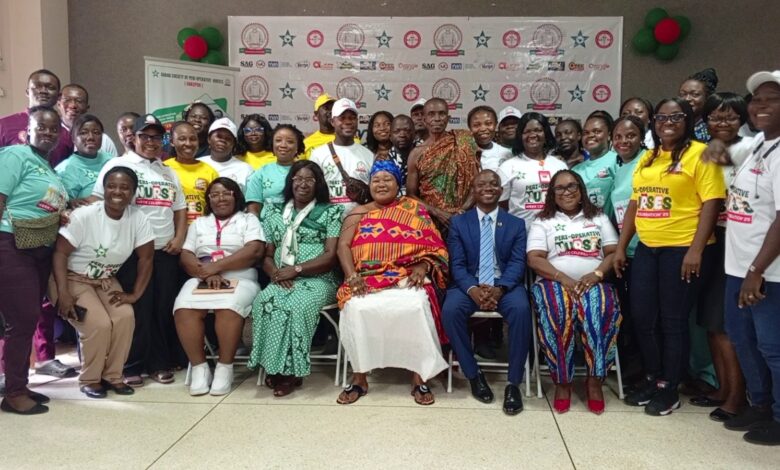
The National Chairperson of the Ghana Society of Peri-Operative Nurses (GHASPON), Vera Asimah Ackah, has expressed disappointment over the recently announced nine percent minimum wage increment, describing it as inadequate and unfair to peri-operative nurses in Ghana.
She says the new wage does not reflect the hard work and sacrifices of perioperative nurses, who play a vital role in preparing patients for surgery and assisting surgeons in the operating room.
She was speaking at the Peri-Operative Nurses Week celebration held at the Komfo Anokye Teaching Hospital (KATH) in Kumasi.
Ms. Ackah revealed the Association initially proposed a 20-percent increment but later appealed for 10 percent, taking into account the country’s current economic conditions. However, the government’s decision to fix it at nine percent, she said, was disappointing.
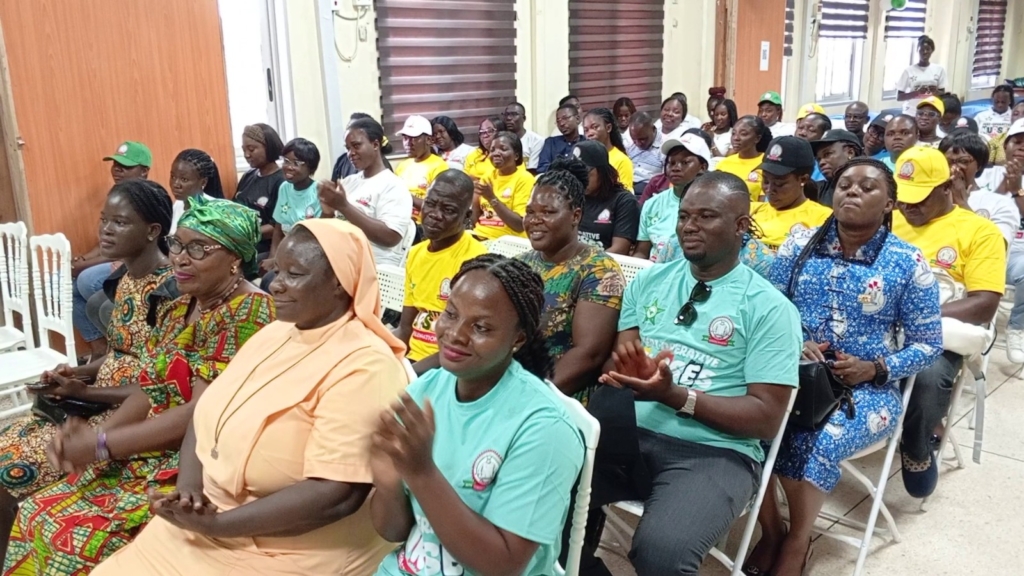
“It’s a not not, because I’m thinking that we deserve better than the nine percent. The condition of service, we were fighting for 10 percent across board and we were expecting that at least it will start from there for us but hearing that it is nine percent, I think that they could’ve done better when it comes to the minimum wage for all personnel and when it comes to nursing, I think that there should’ve been some abridgment with the minimum wage,” she expressed.
The Peri-Operative Nurses Week, celebrated globally, is a time for reflection, recognition, and celebration of the vital roles perioperative nurses play in healthcare delivery. It also serves as a platform to discuss challenges and explore solutions for improving the quality of surgical care.
Touching on broader issues affecting the profession, Ms. Ackah highlighted the high cost of peri-operative nursing training, which she said discourages many nurses from pursuing specialisation. She explained that due to the cost and low remuneration, many peri-operative nurses leave the country for better opportunities abroad, further depleting the workforce.
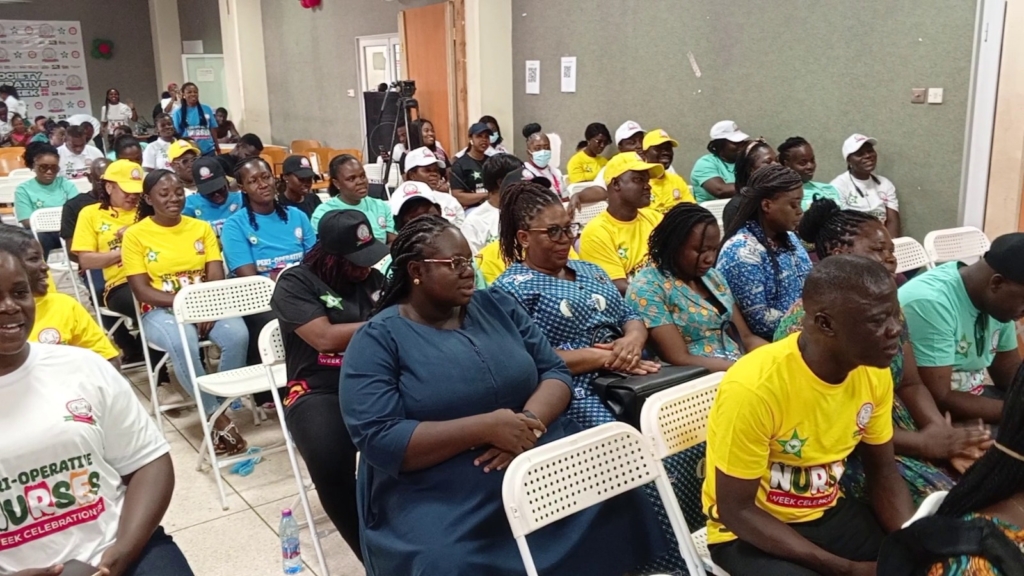
She urged government’s intervention to make the training more affordable and to provide better incentives to attract and retain more professionals in the field.
Ms. Ackah also emphasized the stress and pressure associated with the operating room, advising nurses to plan their tasks carefully and prioritize rest to maintain focus and efficiency during surgical operations.
“The OR comes with a lot of stress, so when we’re going to work, I’d advise peri-operative nurses to make sure that they plan so that when they go to work, they won’t end up running around. If you plan well, you’ll get your things before the surgery starts and the running around will be minimal,” she said.
“When you’re stressed or tired and the pressure is too much, take a break. Other people can step in so you run the shift, take a break and then come back,” she added.
The Chairperson for the Peri-Operative Nurses Week celebration, Betenasehemaa Nana Afua Serwaa Opoku-Agyemang, also addressed issues of medical negligence, stressing that teamwork and discipline are essential in the operating theatre.
“We all have to exercise restraint when dealing with critical stuff like this, but we urge them to also work with precision and be committed to their duty. There will be a few flaws here and there. They are humans, but with teamwork and proper monitoring by medical staff, I think this can be resolved,” she said.
The event at KATH brought together perioperative nurses, medical professionals, and traditional leaders to celebrate the profession’s contributions to healthcare and to reflect on ways to improve their working conditions and patient care standards.
DISCLAIMER: The Views, Comments, Opinions, Contributions and Statements made by Readers and Contributors on this platform do not necessarily represent the views or policy of Multimedia Group Limited.
DISCLAIMER: The Views, Comments, Opinions, Contributions and Statements made by Readers and Contributors on this platform do not necessarily represent the views or policy of Multimedia Group Limited.
Source link

